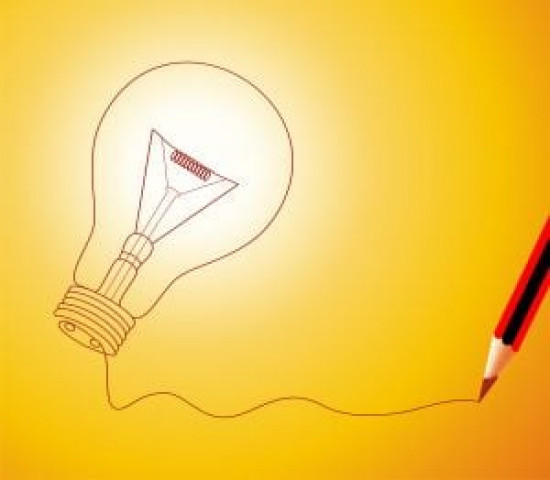Is the new global ‘innovation economy’ our saviour?
Pakistan ranks fourth out of 125 nations in innovation efficiency.

Is the new global ‘innovation economy’ our saviour?
Having missed the boat on creating efficient farming models or factories to drive our economy, this knowledge based innovative economy gives us an opportunity to catch the ranks of developed nations rather than ending up as bystanders watching others nations gaining speed and improving their standard of living.
Many may question my optimism; specially having failed to properly educate or industrialise our nation to date, but this new “innovation economy” has a hidden catalytic aspect. The improvement in communication, advances in technology and explosion of software has leveled the playing field allowing more and more countries to participate and compete for the needs and demands of the global market.
News that boasted my optimism was the recently published “INSEAD Innovation Index 2011” report. Pakistan is ranked 105 out of 125 nations in this study, its third consecutive drop in ranking from 93 in 2009. Of the various benchmarking two comparisons stand out. Firstly, on ‘Having an Enabling Environment’, sadly we rank third from the bottom at 123rd. Secondly, on ‘Innovation Efficiency’ ranking, we rank an impressive 4th, ahead of all developed and developing countries except China. This index is the ratio of output over input; ‘input’ being the presence of an environment which fosters innovation, and ‘output’ the sum of patents granted by the European, Japanese, and the US patent offices.
This truly means that Pakistani businesses and entrepreneurs are showing extreme resilience in a very adverse environment, they work with minimum resources to get impressive results. It talks volumes about the pure ingenuity of Pakistani entrepreneurs and businesses.
In comparison Singapore ranked 3rd overall; 1st in an enabling environment, but 94th on ‘Innovation Efficiency’. Considering their unbelievably super infrastructure and encouraging environment, there output fell far below expectations.
Given Pakistan’s strong ‘can do’ attitude in the face of a weak enabling environment, imagine what we can do if given an environment which fosters innovation and accumulation of knowledge and intellectual capital. I have always believed that there is something very special about our DNA, having lived and experienced all sorts of challenges and crisis, we as a race have essentially become much more resilient, creative and sheer survivors.
There is still hope and optimism in our future, if we as a nation can work towards improving our environment and take full advantage of this global “innovative economy”.
Our work is cut out and we must, as a nation, focus on these two. Firstly, on political front we must work towards reconciliation rather than confrontation on economic issues, and secondly focus disproportionally on spreading education and knowledge based learning. If we achieve that, I have no doubt that Pakistan can become a global force to be reckoned with.
The writer works in the corporate sector and is active on various business forums and trade bodies.
Published in The Express Tribune, April 9th, 2012.



















COMMENTS
Comments are moderated and generally will be posted if they are on-topic and not abusive.
For more information, please see our Comments FAQ